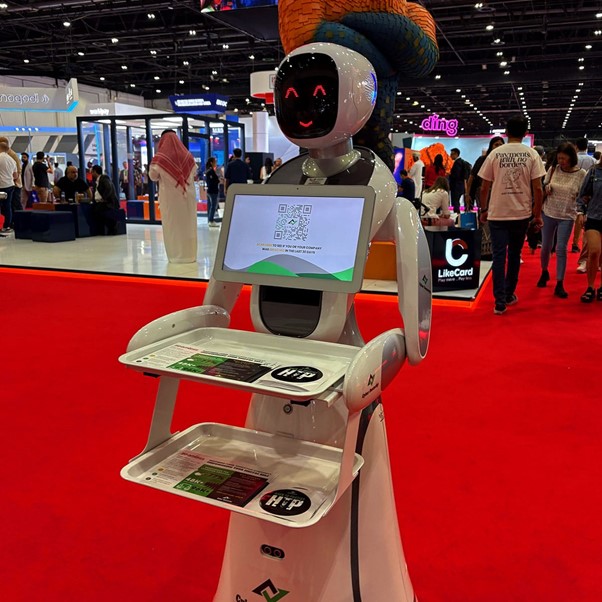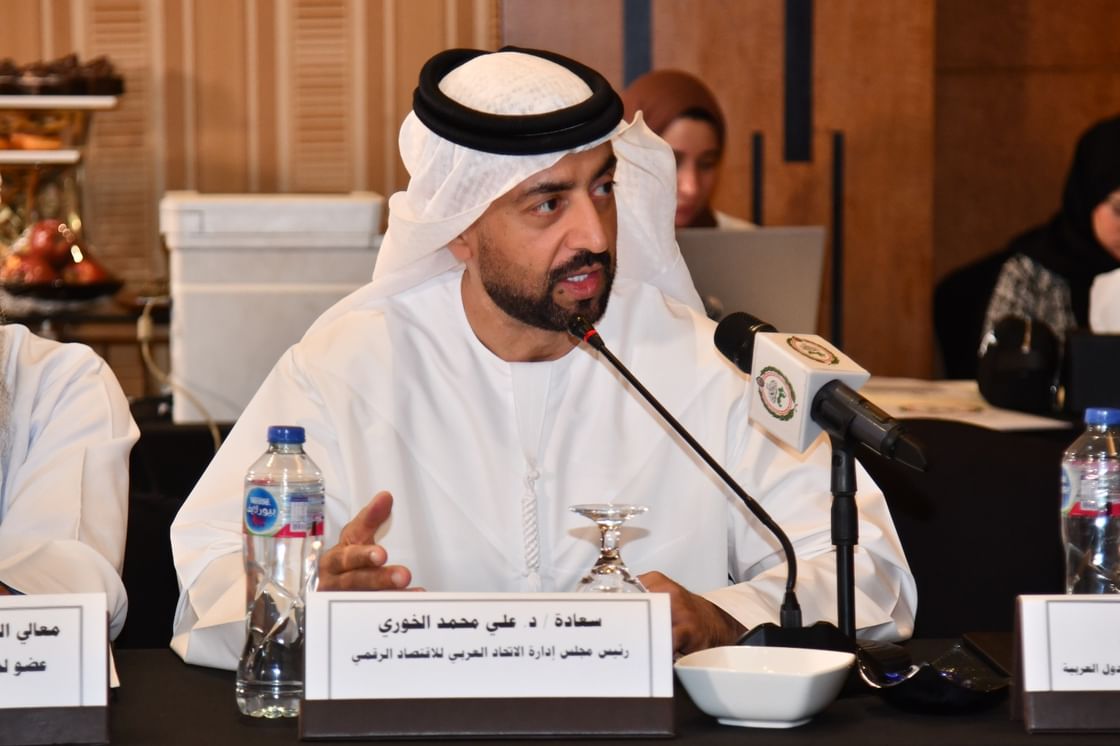Date: May 22, 2025
Dubai
With new ideas and innovations that transcend reality, the curtain fell today on Seamless Middle East 2025, the largest regional gathering of experts in e-commerce, financial services, logistics, and digital technologies. The third and final day of the conference highlighted issues that now impact people’s daily lives: purchasing, product delivery, and payment systems on digital platforms.
The Seamless Middle East 2025 Digital Economy Conference and Exhibition concluded with the remarkable participation of senior government officials and international experts, along with delegations from the League of Arab States and several regional and international organizations, and an attendance of over 30,000 participants from more than 132 countries. Over three days, the conference served as a leading regional platform for exploring the future of digital transformation in the Arab world, offering innovative solutions to address economic challenges, and enhancing opportunities for digital economic growth through infrastructure development and investment in qualified human capital.

The conference featured a packed program of more than 200 sessions and lectures addressing vital issues such as e-commerce, digital identity, and smart payments. It also featured live demonstrations of the latest digital technologies at a specialized exhibition featuring regional and international companies. High-level meetings were also held between representatives of the public and private sectors, resulting in recommendations that will be submitted to the General Secretariat of the Arab League on digital legislation and encouraging investment in innovation. These recommendations aim to create national environments that support the digital economy and sustainable and integrated digital development.

E-commerce Sessions
In a session titled “Cross-Border Operations,” experts from regional and international companies discussed ways to accelerate trade between Middle Eastern countries through the use of technology and strategic alliances. The working papers demonstrated that smartphone screens have become new gateways to shopping, and that buying and selling operations have transcended geographical borders, transforming markets from local to regional and global. Participants emphasized that this transformation requires a more flexible logistics infrastructure capable of keeping pace with the rapid digital pace and meeting the aspirations of consumers who are constantly connected to digital networks.

Separately, the “Sustainable E-Commerce” session discussed how brands can grow sales and profitability without harming the environment. Attendees presented practical models for reducing waste and adopting eco-friendly materials, in an effort to make online shopping responsible and ethical.
Among the most engaging sessions was the “Immersive Experiences in Stores” session, where experts discussed how it has become possible to virtually try products, using augmented and virtual reality technologies, before purchasing, to give shoppers a sense of confidence before making purchasing decisions.
Artificial Intelligence as the Mind Driving Trade and Finance
Artificial intelligence was not absent from the sessions, as many addressed how big data and machine learning can make supply chains faster, more efficient, and even more resilient to crises. One speaker likened these systems to a mind that never sleeps, predicting demand, avoiding waste, and delivering products in record time whenever they are needed.

In the FinTech pavilion, discussions focused on the future of financial transactions. Sessions covered topics such as “Mobile Money,” “Digital Identity,” and “Fraud in the Digital Age.” Experts offered insights on how to secure data and expand financial inclusion, especially in areas underserved by traditional banking services.
Al Darmaki emphasized that the conference’s discussions, both in the conference halls and during the exhibition’s panel discussions, succeeded in highlighting the practical applications of technology and facilitating access to digital services. He noted that the economic opportunities in the region are enormous if they are built on knowledge and innovation. He said, “The conference may have concluded, but its impact will remain evident in the policies, investments, and development directions of Arab countries. Although the sessions were characterized by innovation, the message was simple: the world is changing rapidly, and those who fail to keep pace with this change will fall far behind in the path of global growth.”











